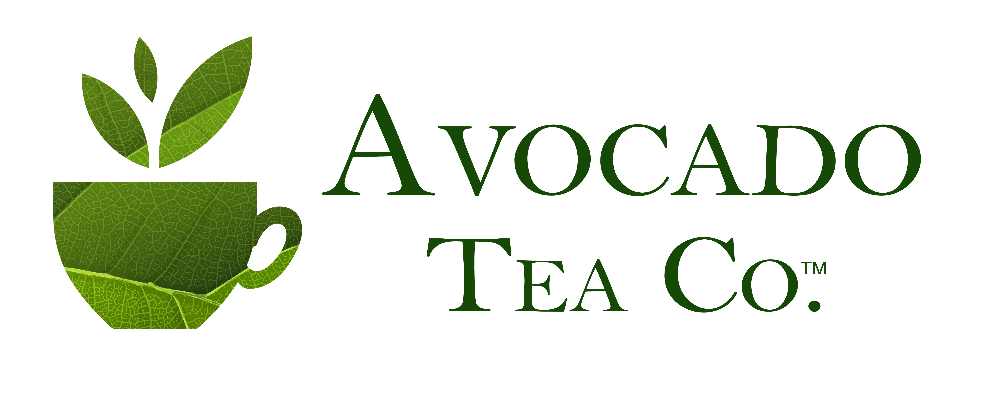Beneficial Effect of Persia Americana Leaf Extract on The Potency of Antibiotics
Persia Americana is a plant that belongs to the family of Lamiaceae. It is a perennial plant with wide distribution in Asia, Africa, and South America. This plant is popular for its medicinal properties due to its antibacterial, antimicrobial, and antiviral activities against various pathogenic organisms.
Persia Americana leaf extract has been reported to possess anti-inflammatory, anti-oxidant, anti-ulcer, analgesic, and antimicrobial activities. In this article, we will evaluate the study of the antibacterial activity of Persia Americana leaf extract and its effect on the potency of antibiotics against pathogenic bacteria.
The researchers here have been working on a study that looks at the effect of Persia americana leaf extract on vancomycin, tetracycline, and combinations thereof. The purpose of the study is to see if these antibiotics are more effective when paired with the Persia americana leaf extract than they are alone.
Vancomycin is a broad-spectrum antibiotic that has been used in treating bacterial infections for decades (1). It has been proven to be effective in treating infections caused by Gram-positive bacteria, but it has several drawbacks such as multiple drug resistance and toxicity. Tetracyclines are also broad-spectrum antibiotics, which are effective against Gram-positive and Gram-negative bacteria (2). Their use is limited due to their side effects, such as gastrointestinal disturbances and photosensitivity. Persia Americana leaf extract has been used by traditional healers to treat a variety of ailments including infections.
This study aimed to determine if Persia Americana leaf extract enhances the antibacterial activity against pathogenic organisms of vancomycin, tetracycline, and combination therapy with these two antibiotics.
Analysis of The Antibacterial Activity of Vancomycin, Tetracycline, Persia Americana Leaf Extract, And Their Mixtures Against Various Pathogens
Antimicrobial resistance is a major concern in the treatment of infectious diseases, where it is becoming increasingly difficult to treat bacterial infections. As a result, people are seeking alternative ways to fight infections without relying on antibiotics.
In an attempt to discover whether there are any effective herbal or conventional medicines available for combating antibiotic-resistant bacteria, this study was conducted. The efficiency of vancomycin, tetracycline, and P. americana leaf extract, and their combinations against S. aureus, S. pyogenes, and P. aeruginosa was investigated in a controlled laboratory setting. The purpose was to determine the effectiveness of vancomycin, tetracycline, and Persia americana leaf extract and their combinations against S. aureus, S. pyogenes, and P. aeruginosa by using the macro dilution and disc diffusion methods respectively.
It was found that vancomycin and tetracycline both had similar MIC values against all three types of bacteria tested in this experiment; however, when combined with P. americana leaf extract, the MIC value for S. aureus decreased significantly. Additionally, this combination exhibited higher MBC values than either antibiotic alone--which indicates that it may be more effective than either one alone when used as an antimicrobial treatment option for bacterial infections.
Findings of the Study: Persia Americana Leaf Extract is a potent antibacterial agent that can be explored further
This research shows that adding P. americana leaf extract to antibiotics increases their effectiveness. Both S. aureus and P. aeruginosa growth were significantly slowed by the addition of the extract to the vancomycin formulation, as evidenced by the findings obtained.









